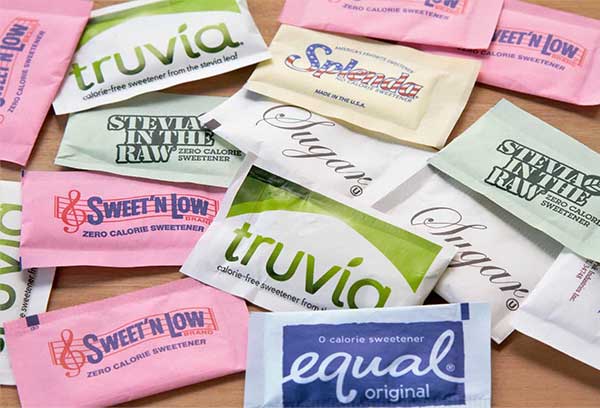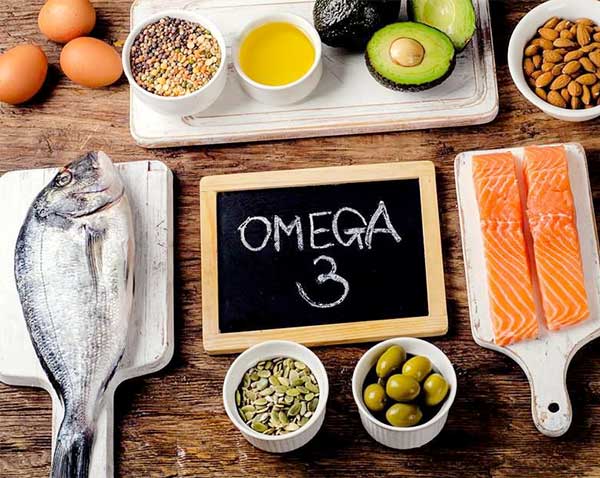The fix: Think twice before replacing sugar with artificial sweeteners
Before you turn to artificial sweeteners as a healthy alternative to sugar, you should be aware that these products can cause some of the same gastrointestinal problems as added sugar. Sugar alcohols like sorbitol are not easily absorbed by the gut, causing gas and bloating. There is also evidence that popular no-calorie artificial sweeteners, such as aspartame, saccharin and sucralose, disrupt the gut microbiota of mice. In humans, this can lead to gas, bloating, and other more serious intestinal problems. As with sugar, artificial sweeteners are best consumed in moderation.

Problem: Your skin is aging prematurely
If you notice wrinkles and other signs of aging earlier than you expected, your diet may be to blame. Excessive sugar intake can lead to the production of advanced glycation end products (AGEs). AGES is a protein involved in the formation of collagen, the protein that builds our skin and muscles. As we age, collagen production decreases, leading to sagging and wrinkling of the skin.
Studies have shown that a high-sugar diet increases the number of AGEs in the body, which may speed up the skin aging process. Sugar also destroys elastin, another protein that is important for keeping skin firm and youthful. In addition to its effects on aging, excessive sugar intake can cause inflammation and destroy gut bacteria, which can lead to the onset of skin conditions such as eczema.

Solution: Choose foods that are more skin-friendly
Limiting added sugars in your diet can help you reduce AGEs and aging. Breads with no added sugar, low-sugar foods, and whole foods are all good dietary choices to promote healthy skin aging. These are the best things you can eat or drink for your skin.
Water keeps your skin bright and moisturized. Staying hydrated is one of the best things you can do for your skin.
Fresh fruits and vegetables are rich in nutrients that are good for your skin, such as vitamin C and vitamin a. There’s no better food for your skin than citrus, berries, broccoli, carrots, and leafy greens.
Omega-3 fatty acids promote skin health by reducing inflammation and damage. While fatty fish such as tuna and mackerel are the best sources, this nutrient is also found in nuts, seeds and vegetable oils.
Soy and soy products contain estrogen, which can promote healthy skin after menopause.
